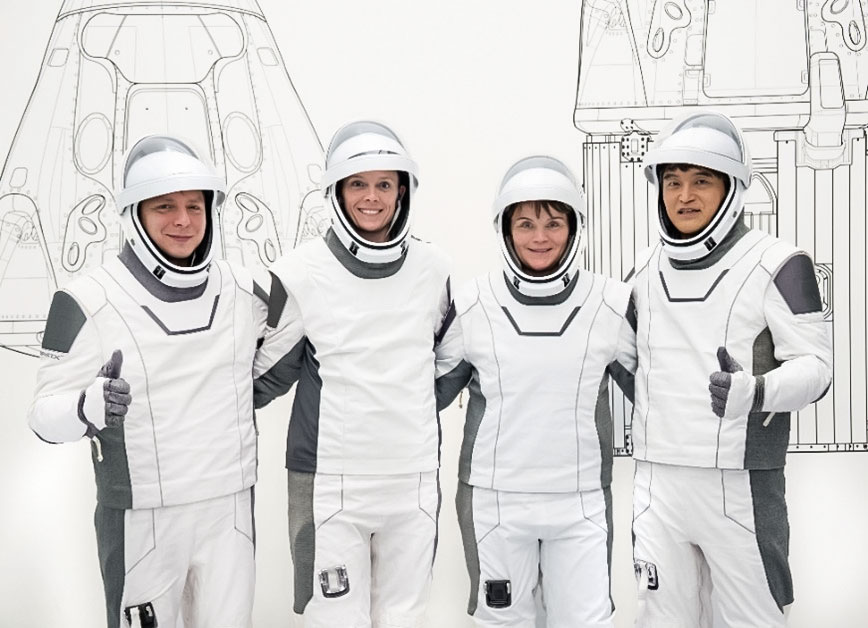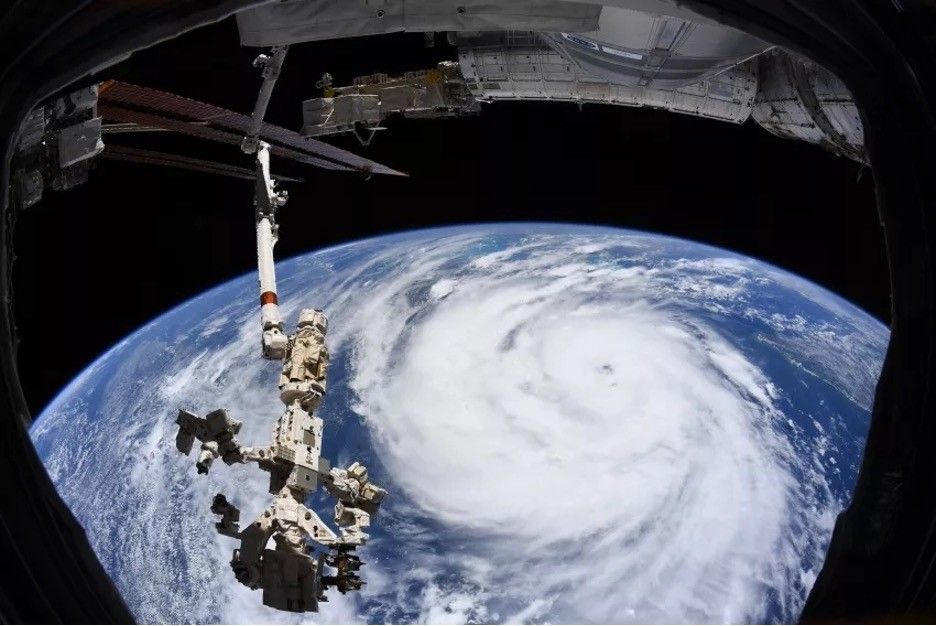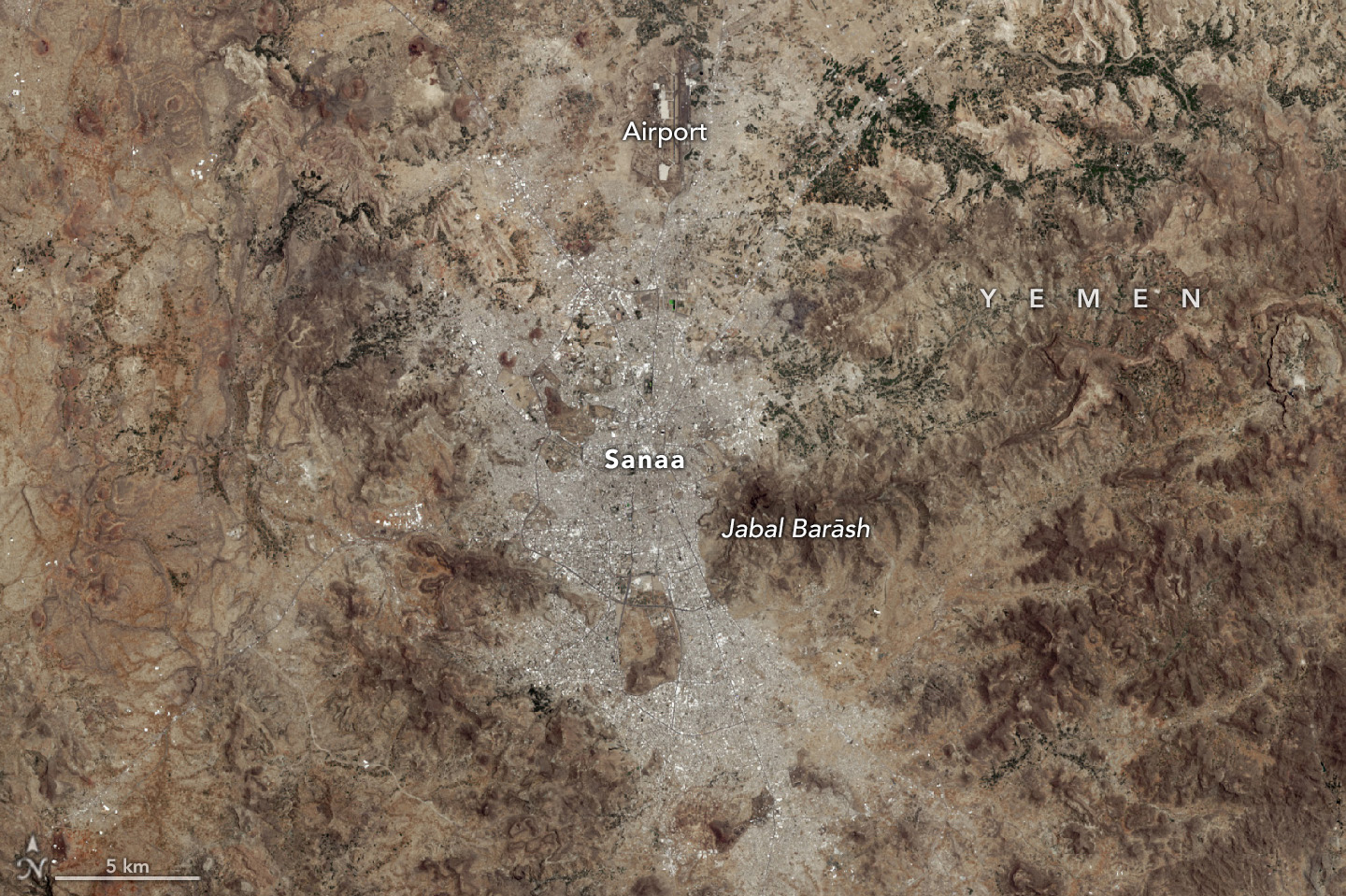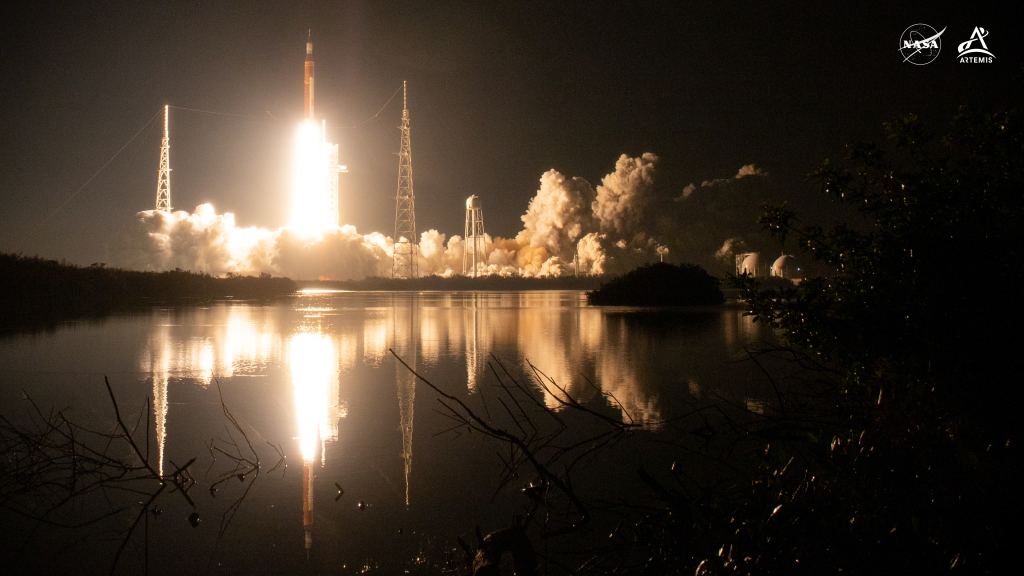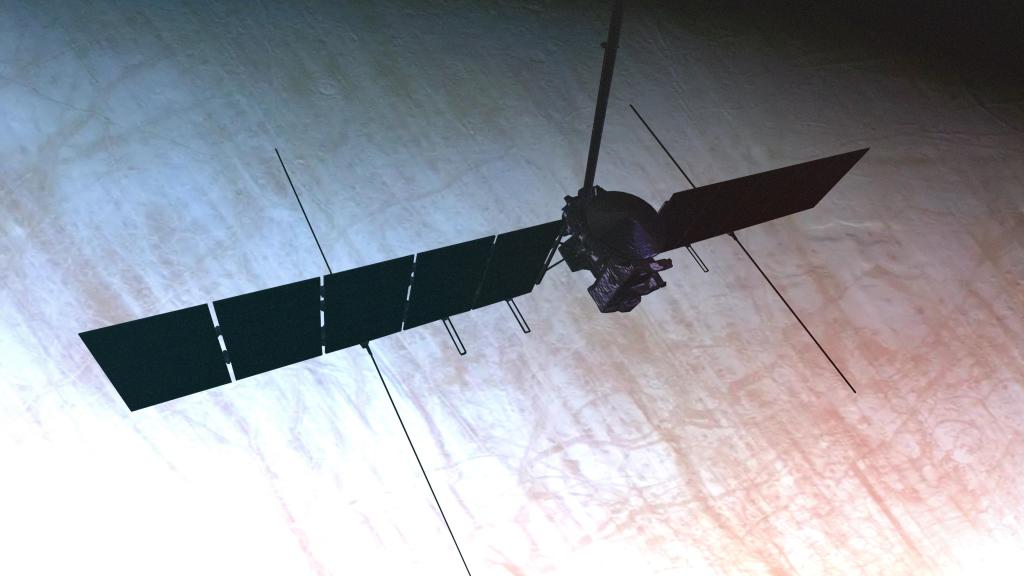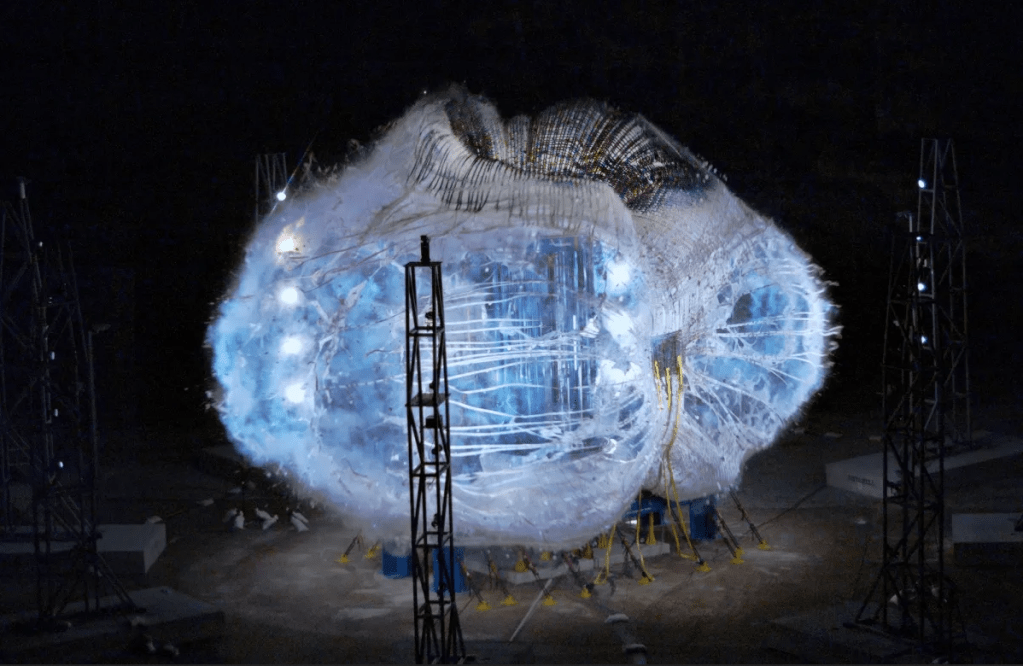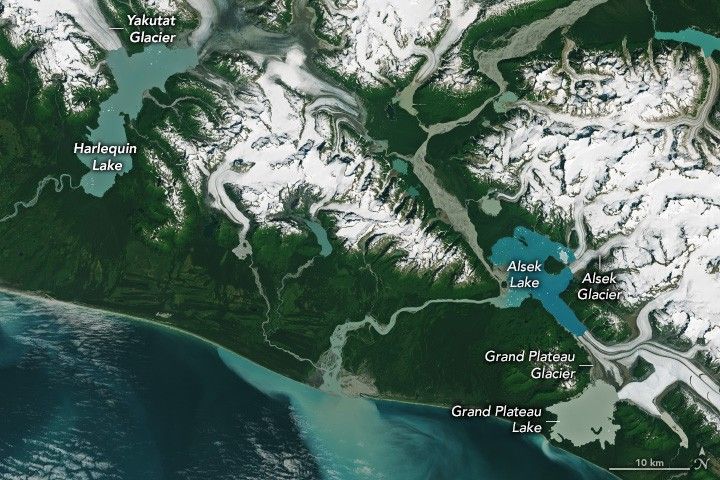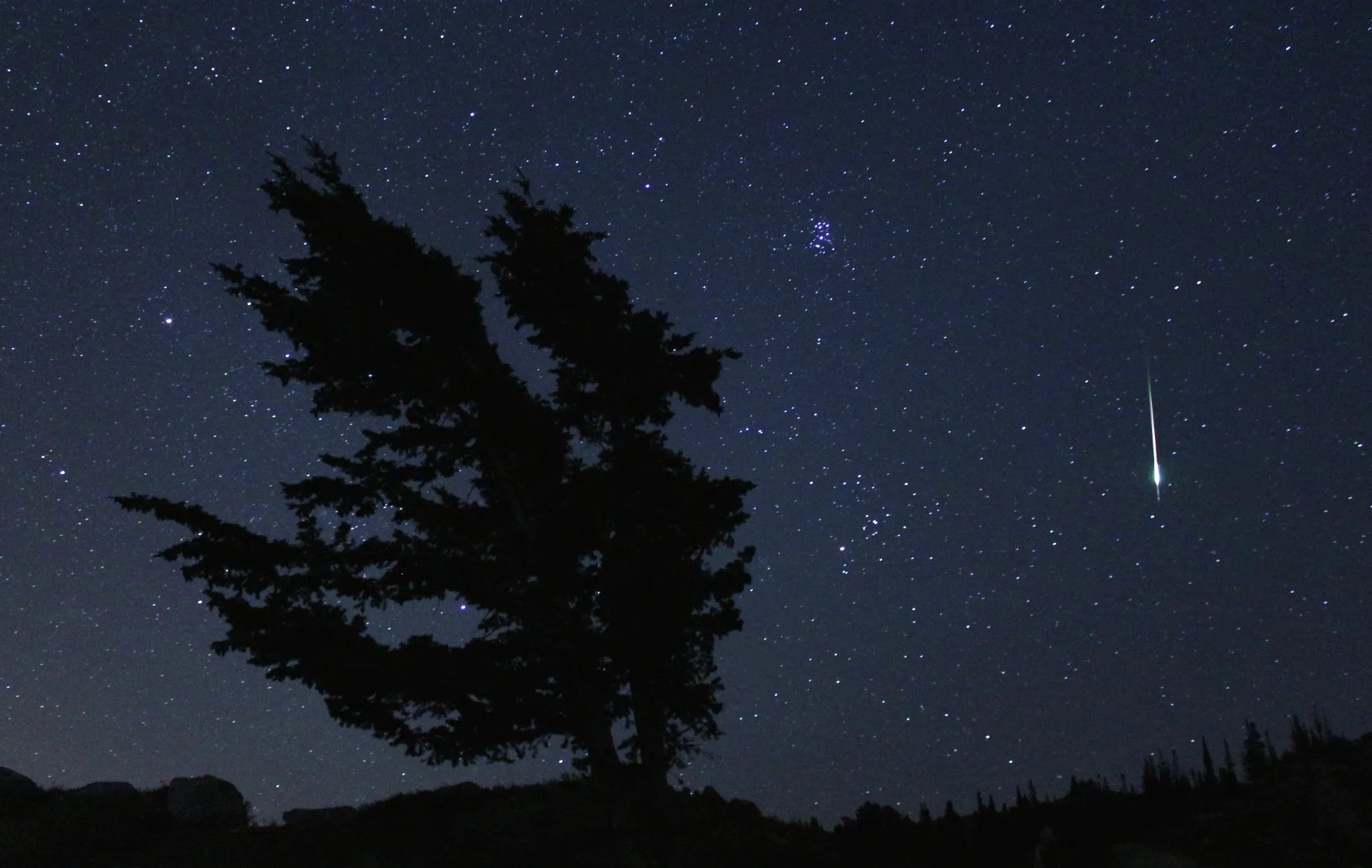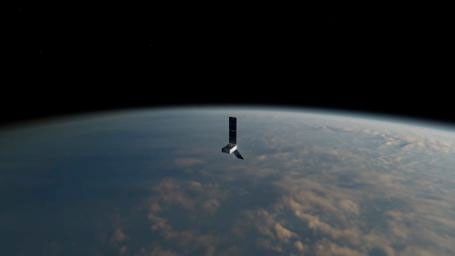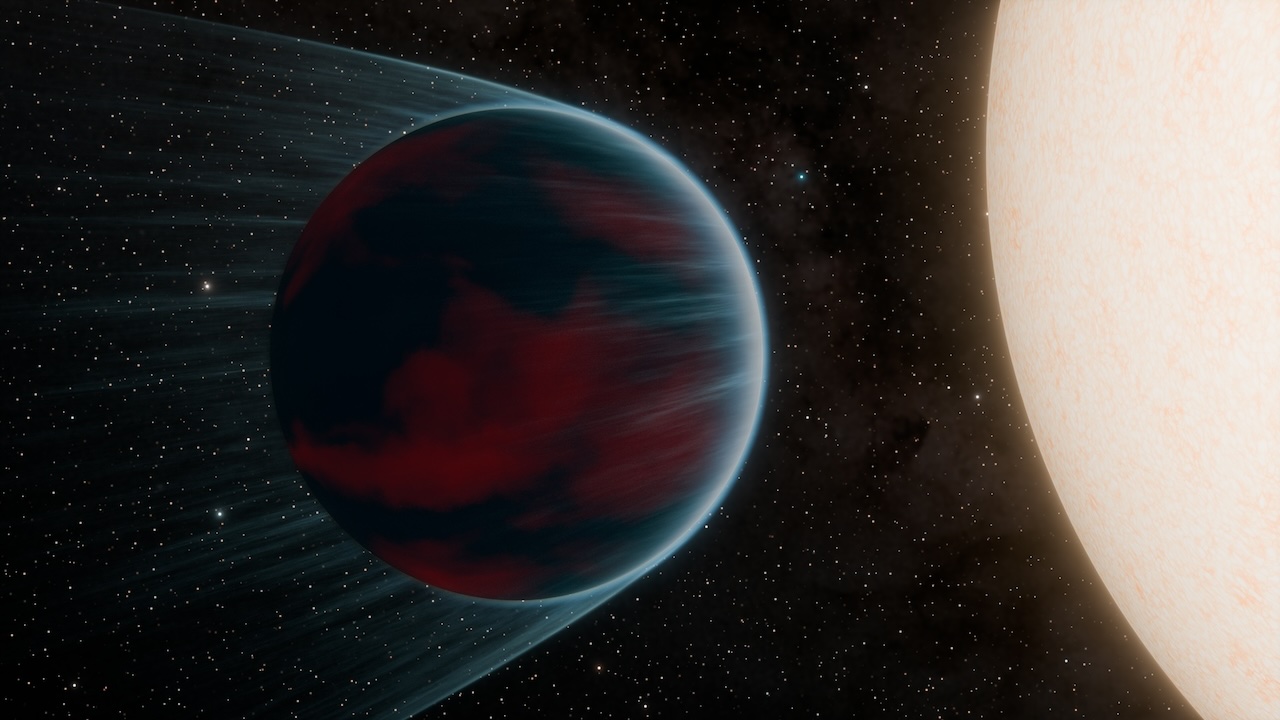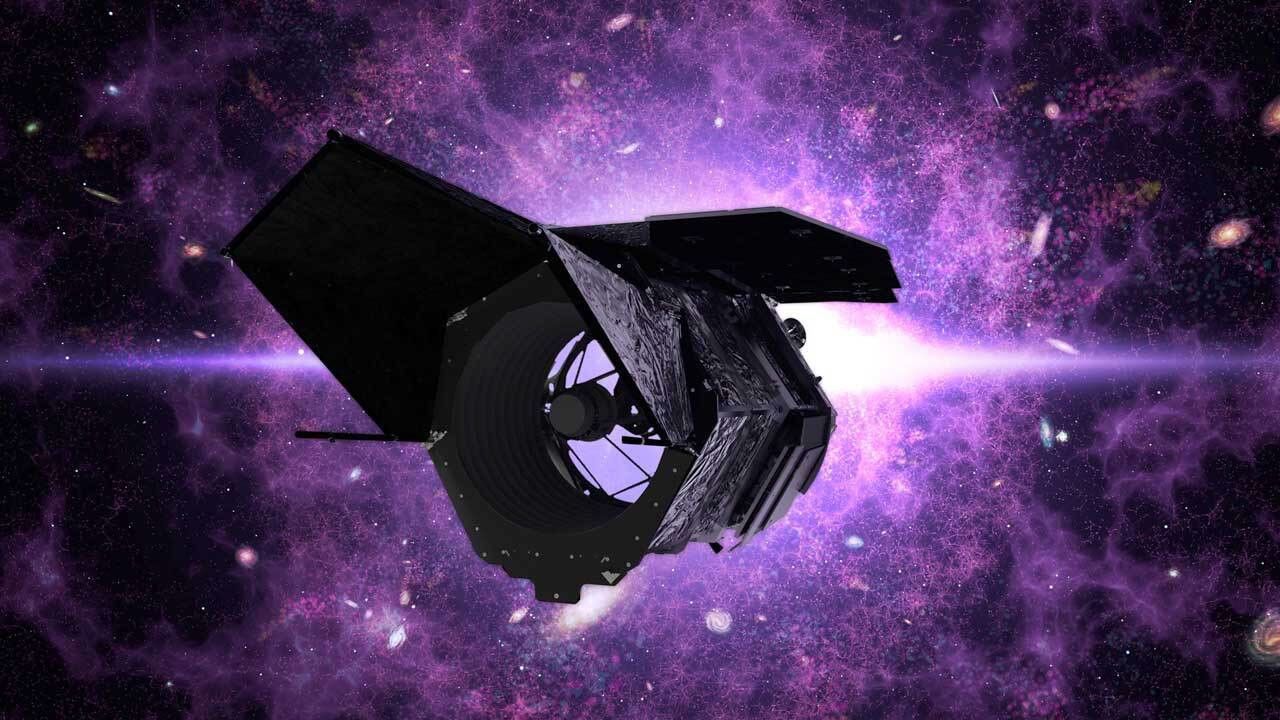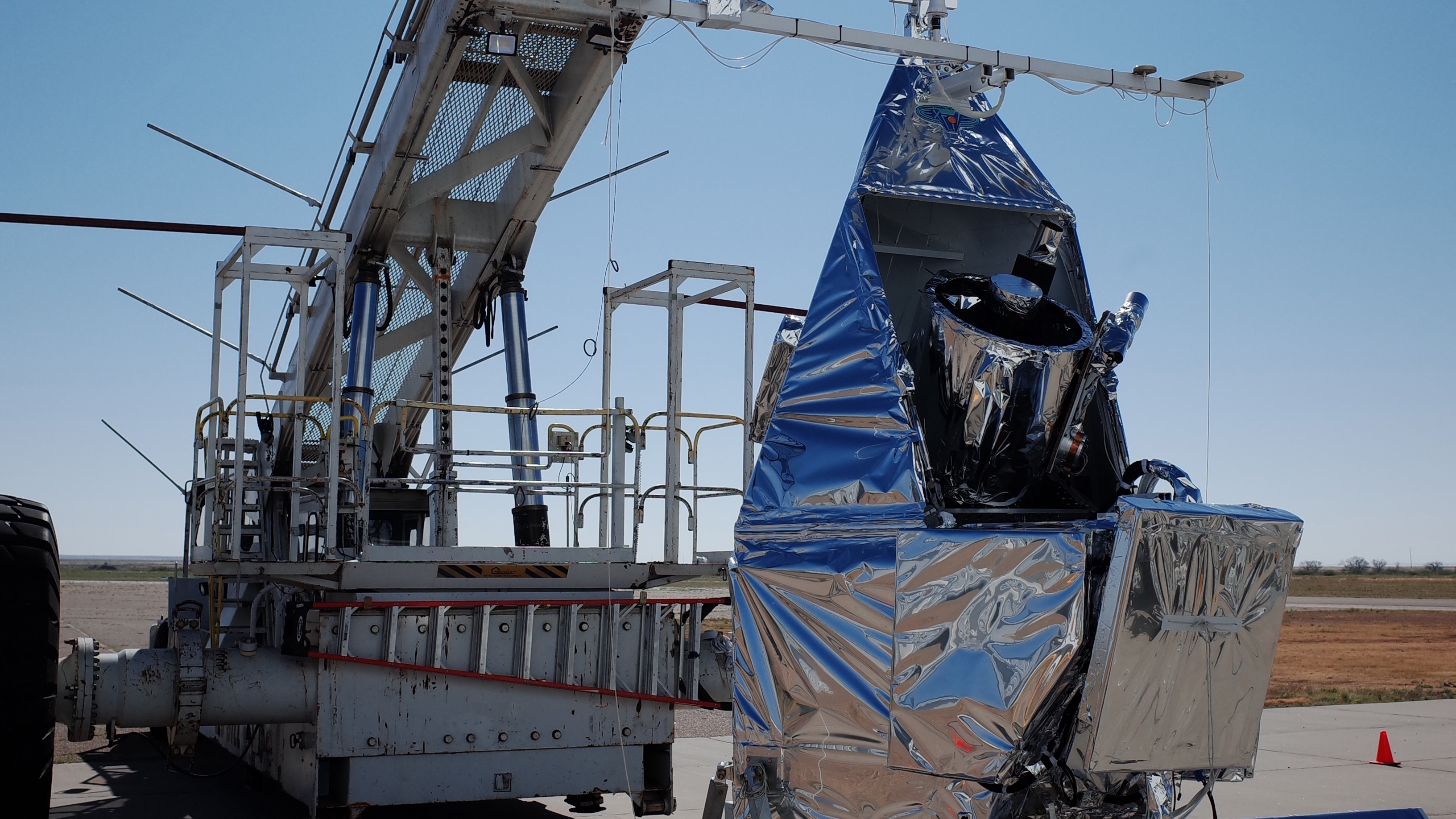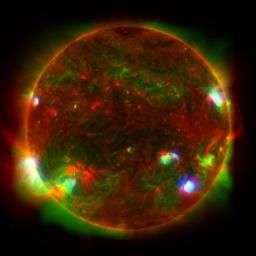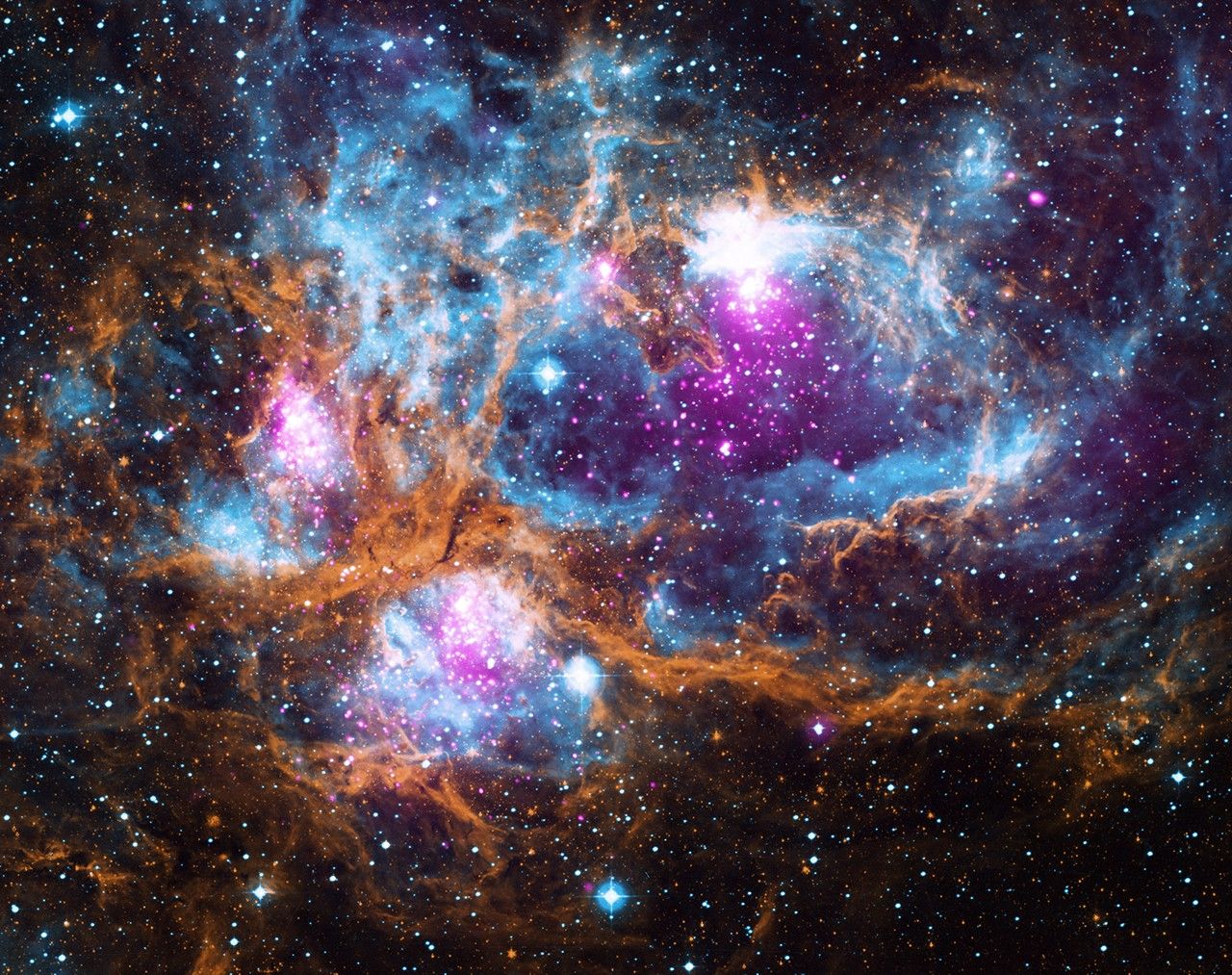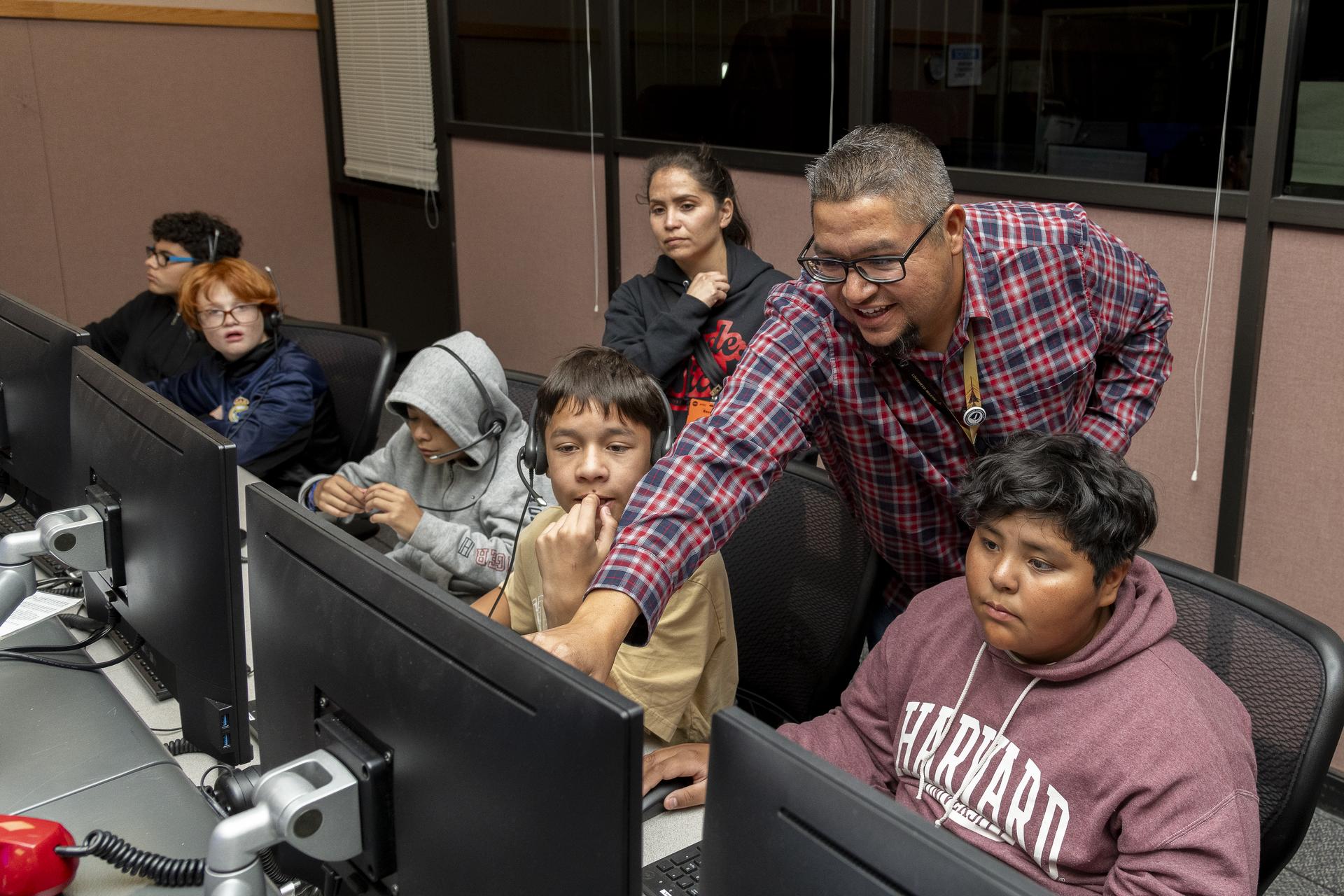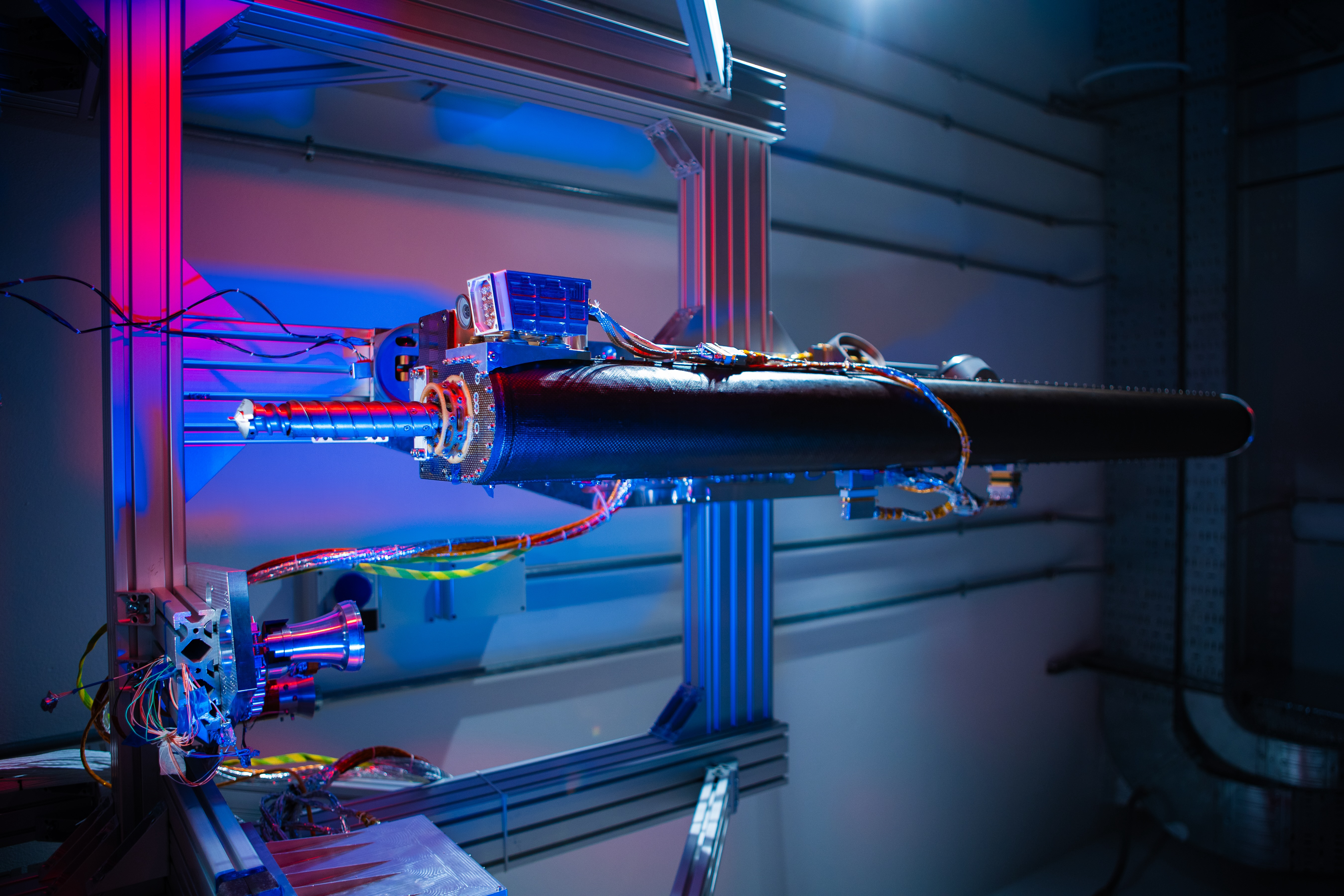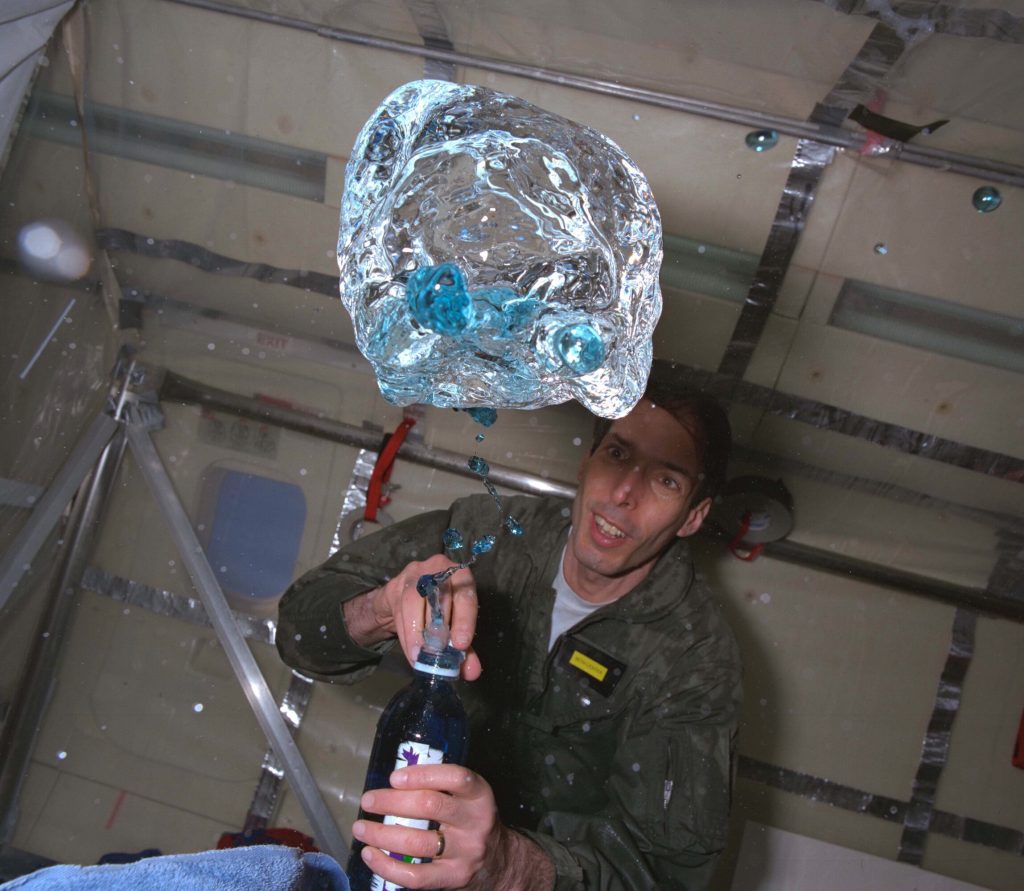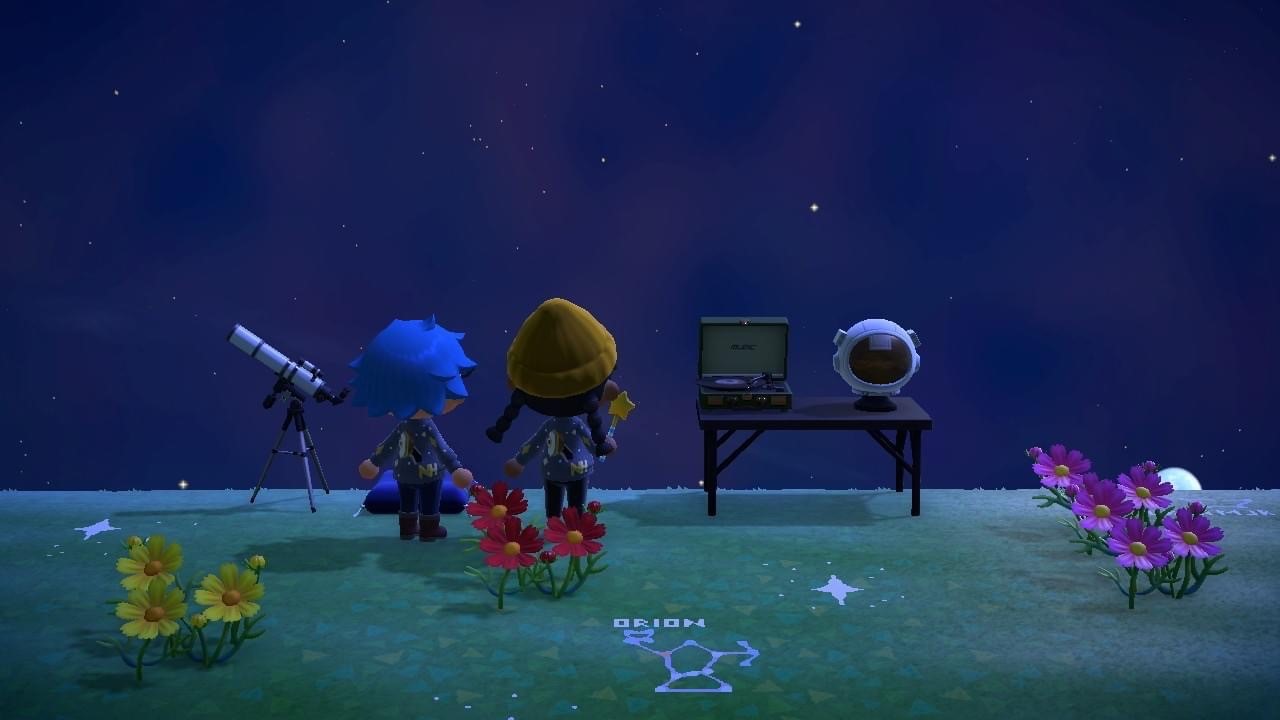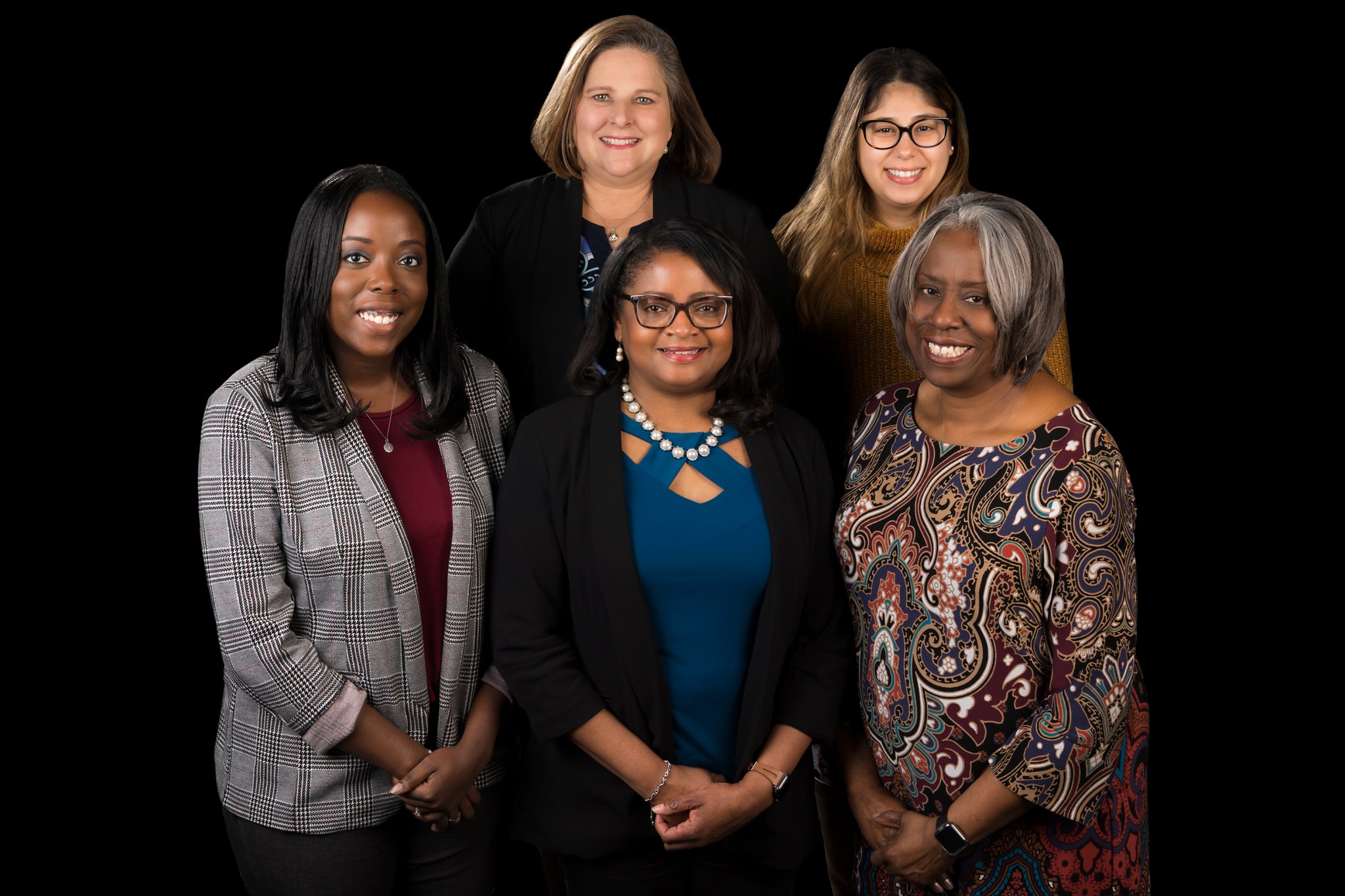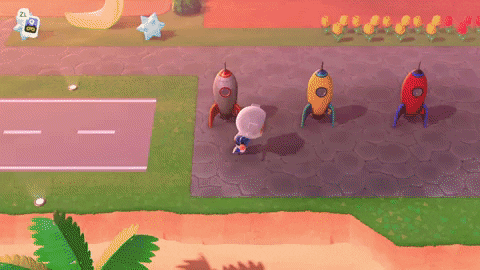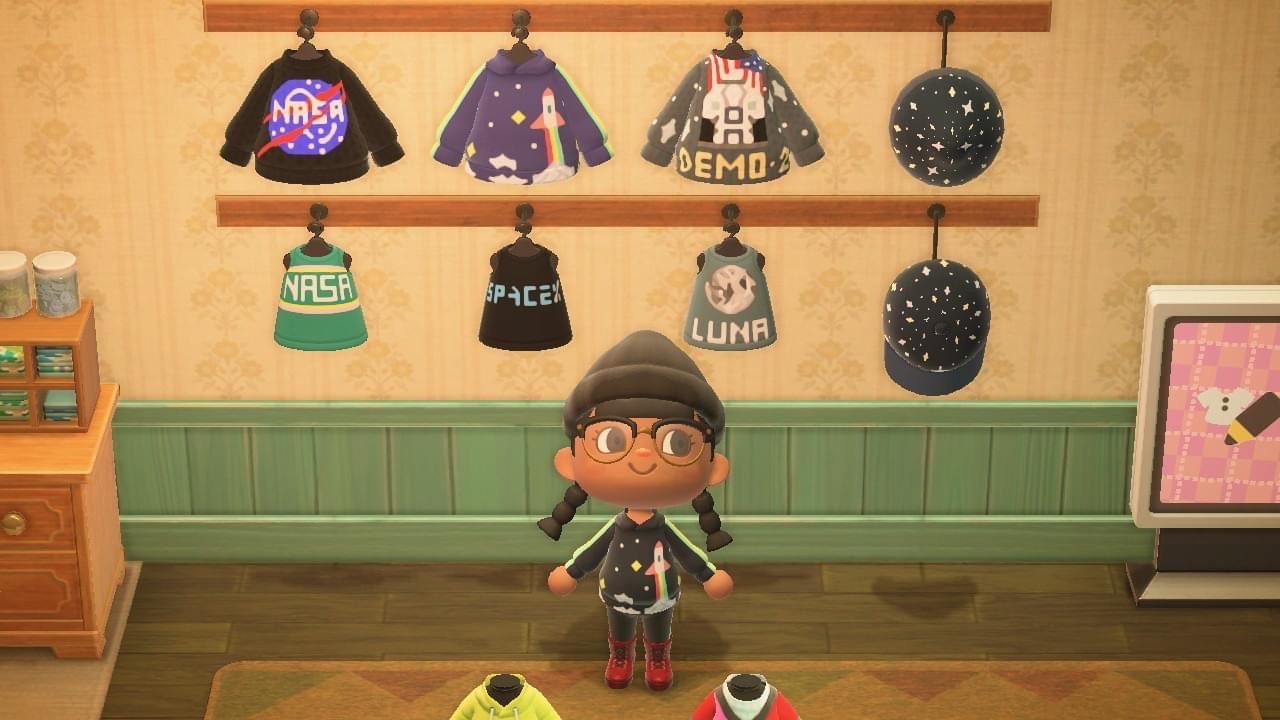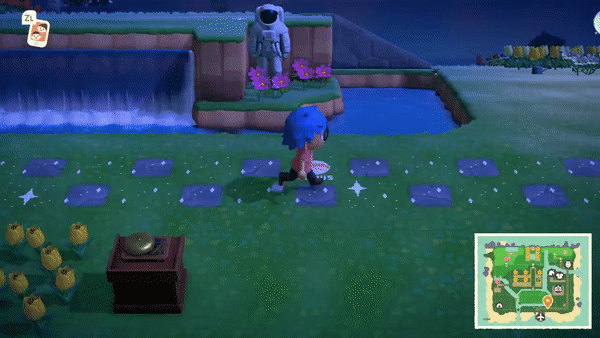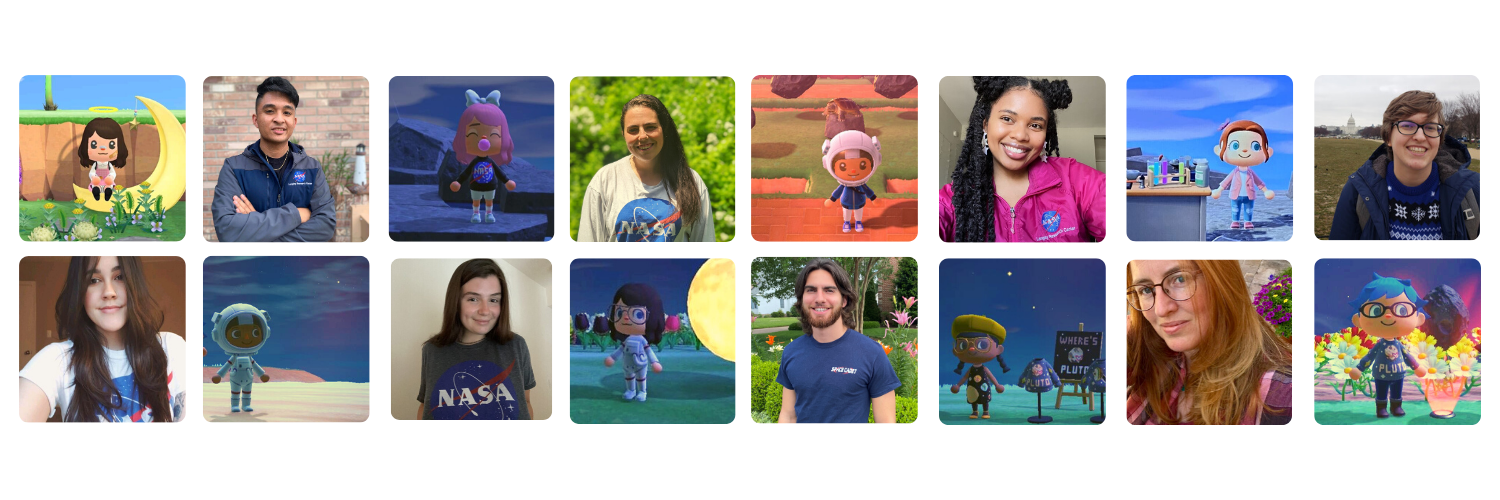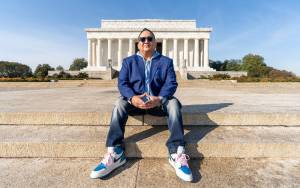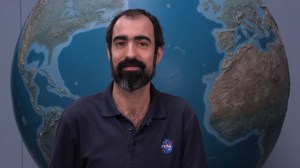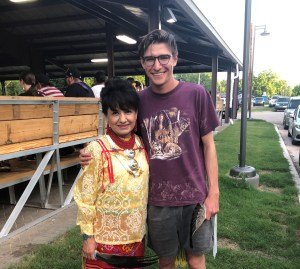The beginning of a new summer internship with NASA usually means hundreds of students moving cross-country.
The beginning of a new summer internship with NASA usually means hundreds of students moving cross-country. Their ten-week internship not only grants access to work alongside NASA employees and contract workers, but allows opportunities to tour cutting-edge facilities, attend expert-led symposiums and seminars, and participate in vital networking events.
This summer though, interns at places such as NASA’s Langley Research Center in Hampton, Virginia, like Haley Kramer won’t even leave their pajamas to head to work. They sit up in bed, snag the laptop, and work from the comfort of their own rooms.
However, internships are often about more than just work. On-site after-work activities for interns at Langley can include participating in sand volleyball and intramural softball. Interns even branch out beyond the center, visiting local tourist destinations or making trips to nearby states. Altogether, the experience as an intern builds the next generation of great minds.
On March 11, the World Health Organization declared the coronavirus to be a pandemic, about halfway through the spring internships, leading to mandatory telework at all NASA centers. Clearly COVID-19 would threaten crucial Summer 2020 internships as well. While working to find solutions for spring interns, the NASA Langley internship team acted quickly to re-envision the entire summer intern program that would begin at the center in only three months.
A Scramble for a New Internship
“NASA Langley relies heavily on the internship program to provide a pipeline of potential employees,” said Christine Dillard, one of the NASA Langley internship coordinators. “Changing the internship in a short amount of time was definitely one of the biggest challenges of the year. We had to find some way to keep the internships going.”
NASA is one of the few government agencies that decided to keep interns on board amidst the global pandemic. While they could not keep all the interns to who they originally offered positions, NASA still hosts about 1,100 summer internships agency-wide, with 199 working virtually for Langley.
“Langley has always depended on interns. We give them real projects that have real impacts. Our researchers need their help to keep pace with the agency’s goals,” Dillard said.
To maintain steady progress with projects, Langley decided to allow their interns to work remotely from their residences. Many of these interns work on important upcoming missions like Mars 2020 that plans to launch in July of 2020 and the Artemis program that plans to put the first woman and next man on the moon by 2024. Interns were shipped computers and put to work in their homes, communicating virtually with their mentors and other NASA co-workers.
“We were pushed to this virtual solution this summer, which would never happen normally,” said Dillard. “If all goes well this year, virtual or hybrid internships could continue to be possible in the future, making the internship program accessible to a wider range of valuable young candidates who could really help NASA in future projects.”
When There’s the Internet, There’s a Way
Solving the work part of the equation is one challenge, but building intern camaraderie is another. Giving up is not an option, which led a few innovative interns to meet on a virtual private island via Animal Crossing: New Horizons (ACNH). This videogame builds on an Animal Crossing legacy, where gamers build communities for characters; the New Horizons edition transports users to an isolated oasis to design and build an island village.
“I enjoy New Horizons because it feels like I’m getting out of the house,” Kassandra Lerman shares. A returning intern from Summer 2019, Lerman bought the game the day it was released in March 2020, at the beginning of the coronavirus shutdown and as her university moved online. In a time of social distancing, school friends met in the game to interact and explore islands together.
While the conversation about ACNH was initiated by fellow intern Kayla Dio Robinson, the group quickly expanded to include others: Haley Kramer, Glenn Medina, Brody McDevitt, Ney-Ling Navarro, and April A. Rains. The group of eight take turns convening on each other’s islands to interact and explore.
Of course, with NASA interns comes space-themed islands. Medina’s village is any nerd’s favorite, complete with Mission Control and Apollo Lunar landing mock-ups. A visitor at Medina’s island, “Windia,” can speed down runways, weave through asteroids, and stand alongside UFOs, making it the perfect place to host a NASA Intern social. The most dramatic portion of “Windia” features Neil Armstrong’s famous “One small step…” quote displayed on the ground as one approaches the Mission Control area.
On Robinson’s Coco Beach Island (the name itself a nod to Cocoa Beach, Florida), she created a “planetary pathway” following the main trail of her vista, inspired by a parking lot at the Katherine Johnson IV&V Facility in Fairmont, West Virginia. Robinson opens her island to visitors often with fun science challenges. Most recently, Robinson hid a Pluto design on Coco Beach then organized a scavenger hunt. Once found, Robinson released one of her exclusive virtual sweater designs of the Pluto-bound spacecraft New Horizons for characters to wear in ACNH.
“What fruit do you have on your island?” and “Does anyone need a pot?” are common questions exchanged by the group of interns. A unique aspect of the game is the cooperation it fosters: trading items to help friends achieve higher levels. Robinson is working on developing digital NASA-themed clothing for characters. Rains has successfully grown every kind of fruit on her island and is always willing to share with friends. ACNH is inherently social, providing a unique virtual solution to the adventures a physical internship brings.
The Summer is Somber Yet Bright
During a virtual island hang-out, the group’s conversation ran through what the summer will hold. With the uncertainty that the coronavirus brought to the year, many graduating cohorts’ jobs were rescinded. The entire group shares how they were simply happy to have a job and be working this summer, let alone one that aligned with their interests.
“I’m kind of upset that I won’t be able to hang out with the other interns in person, but at least we have jobs,” says Lerman. “It does give me the opportunity to have a second job as an EMT here in New York. I don’t have to completely pause my life to move to Virginia.”
The summer doesn’t come without some wariness. Medina referenced his greatest worry is to be presenting to his branch and lose internet signal completely. Robinson remains disappointed by the immediate loss of networking opportunities. The conversation becomes somber, thinking about how there “isn’t as much to look forward to” in the same way as previous internships.
The tone quickly becomes cheery again as Robinson recounts to the group her excitement about the most recent Demo-2 Launch, and Kramer shares her enthusiasm for the upcoming Mars 2020 launch in July. Nothing is the same as an in-person watch party, but the interns will make do with what they can.
“It’s unfortunate we can’t hang-out on center together, but we’re making the best of it with ACNH and other things,” says Medina. “But that’s really the only thing that feels different. The same tenacity and innovation and mindset are present at work, we’re just at home instead.”
Medina’s perspective goes hand-in-hand with Dillard’s wise advice for those who might feel as if they were given the short end of the internship stick. “Push yourself outside of your comfort zone,” she advises. “It is your time to help yourself grow. Reach out to employees and network. Make the most of this situation.”
Good advice not just for these gaming interns, but for everyone else navigating life in these uncertain times.
Andrea Lloyd and Brody McDevitt
NASA Langley Research Center

